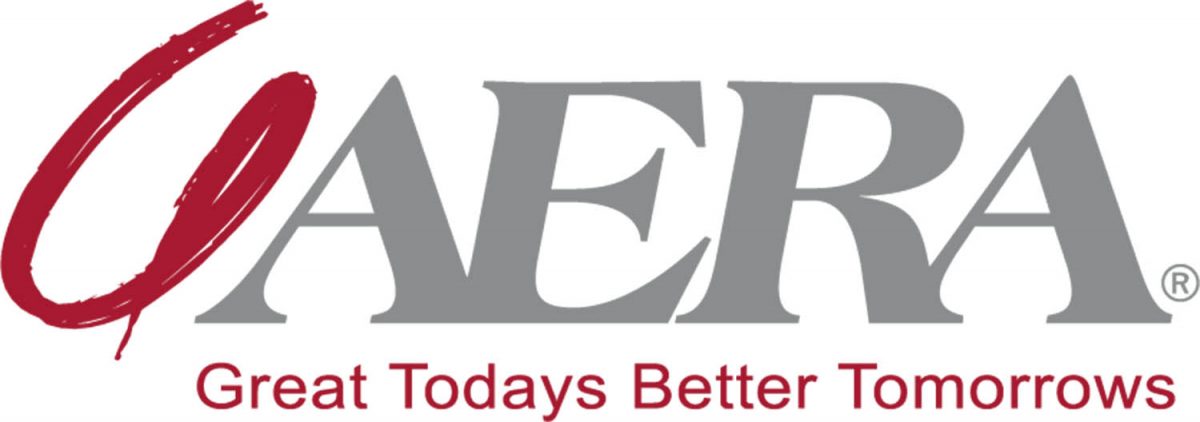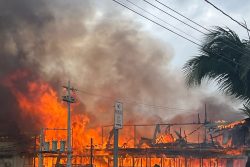In a move which experts are dubbing a scheme to get out of decommissioning its wells, ExxonMobil and Shell recently agreed to sell more than 23,000 of their wells in California in the US.
ExxonMobil is currently Guyana’s only oil producer and basically controls the local industry. This move will now question the strength of the already weak legislation governing Guyana’s oil and gas industry.
ProPublica, a nonprofit newsroom that investigates abuses of power, recently reported that Aera Energy – a joint venture by Exxon and Shell – agreed to sell a chunk of their wells to a German asset management group IKAV for an estimated US$4 billion. Aera accounts for about a quarter of California’s oil and gas production, largely from pumping in Kern and Ventura counties, according to ProPublica’s report which was published in the Los Angeles Times.
It was reported that both Shell and Exxon say that the deal will strengthen their businesses but the experts are saying otherwise. The report informed that the sale, which is happening across the world with big oil companies, allows the sellers to shed decommissioning costs and pass that on to smaller companies which often file for bankruptcy leaving the cleanup costs to the state.
Under the sale, IKAV will inherit a portfolio littered with wells past their prime. Nearly 9,000 Aera wells were idle as of early October, meaning about 38% of the company’s unplugged inventory isn’t producing oil or gas, according to state data provided in the report.
As the world increasingly shifts to cheaper renewable energy to address climate change, IKAV has been snapping up oil and gas wells from supermajors exiting the market. The firm, which once focused exclusively on renewable energy, began expanding into oil and gas in 2020 when it purchased BP’s gas assets in the San Juan Basin, spanning New Mexico and Colorado. The deal was part of BP’s push to divest $10 billion in assets, including ageing American gas fields.
The sale is also seen as one of Shell’s moves to hand off associated greenhouse gas emissions following a 2021 ruling by a Dutch Court which ordered the company to significantly reduce emissions.
For its part, ExxonMobil plans to focus on oil and natural gas that costs less to extract, Liam Mallon, president of ExxonMobil Upstream Co., said in a news release announcing the sale to IKAV.
The report said that large public companies are handing off oil and gas assets around the United States. It explained that between 2017 and 2021, more than a quarter of oil and gas mergers and acquisitions took public companies private, with private equity often involved, according to a study conducted by the Environmental Defense Fund. The report voiced concern that private companies are less transparent and have less incentive to protect the environment.
The oil industry is also facing an impending decline in demand from the shift to renewable energy and the trend toward banning the sale of new internal-combustion engine cars, as well as plans to phase out drilling in metro areas in the US.
Experts say that if wells are not profitable to return to production, they need to be plugged. But if a company does not plug its wells before walking away, wells are orphaned and the cleanup costs ultimately fall to taxpayers and current operators through fees.
In the US, to minimize the government’s exposure if wells are orphaned, producers must put up a bond, typically held as cash or a surety policy. The bonds act like a security deposit and the company gets its bond back if it cleans up its mess, but the government keeps the money if the company orphans its wells.
In the Guyana context, companies are responsible for producing a decommissioning plan and according to Exxon’s plan, decommissioning means plugging wells and leaving some equipment in the fields.








